When this situation happens, one of the people you want to consult is Jeff Kaplan. Jeff has been thinking and writing about this issue for along time. Banned book week is coming up at the end of the month. It is the perfect time for Jeff to remind us of the variety of resources that are available for teachers who encounter issues with banned books.
Banned Books Week: Organizations Dedicated to Defending Frequently Challenge Books
Jeffrey Kaplan, PhD
Nevertheless, as educators, parents, and concerned citizens alike, we, as a nation and as community of readers, should spend our time voicing our concerns and our actions in the direction of how we can help make books that often fly under the radar become more visible, accessible, and real to our nation’s youth and adults.
Banned books are just that. Books – often young adult in content, tone and structure – that are banned from library shelves – often public schools – for their allegedly incendiary content, language and/or point of view.
Sometimes, the books are banned softly – teachers, parents and educators alike do not share these books with young people for fear that they too, will ‘get in trouble’ for introducing books that are considered too rough to read, too hard to discuss.
Other times, parents, educators and administrators object – fearing that children and adolescents are simply not ready or perhaps, not anxious, to read uncomfortable subject matter in frank and street vernacular language – and so actively work to ‘ban’ these so-called ‘dirty or foul’ reads from the classroom.
And sometimes, more often than not, books deemed questionable, are not ordered and placed on library shelves – knowing that controversial reads will only lead to more intimidation and retribution – from parents, community members, and administrators.
So what are we to do?
Simple – persist.
Similarly, as teachers we need to recognize that not everything ends with a rainbow and pot of gold. That real pain exists in the world, and that often, good books – good, honest, revealing reads – show us a window to this world and illustrate in careful and honest language how best to heal those wounds. Simply, books save lives, and good books save lives more than we know.
That said, educators need resources. They need places to go to find materials, references, and information for how best to understand, validate and litigate the importance of good books – and more than likely, good books for young people, - singular reads – fiction and non-fiction - that best demonstrate the pain and struggle of human existence.
Fortunately, we live in an age where resources abound, and with just the flick of computer button, we can explore the exemplary literary action communities that work daily, tirelessly, and dare I say, religiously, to combat censorship in our nation’s schools and public libraries.
Here are a few:
http://www.ala.org/
Of all the resources listed here, this is the one to head to when you need information on what to do – now. Caught in a censorship challenge? Looking for resources to help you define and defend your challenged text? Stuck who to call, email, text? Go here.
Founded on October 6, 1876 during the Centennial Exposition in Philadelphia, PA, the mission of the American Library Association is “to provide leadership for the development, promotion and improvement and library and information services and the professional of librarianship in order to enhance learning and to ensure access to information for all.” Housed on the ALA Office of Intellectual Freedom website are a host of multitude of current, relevant, and accessible informative resources on issues related to the defense of the First Amendment and censorship of children and adolescent reading. A must first stop for all. http://www.ala.org/advocacy/bbooks
https://ncte.org/
National Council Teachers of English – Standing Committee Against Censorship
http://www2.ncte.org/get-involved/volunteer/groups/standing-committee-against-censorship/
Looking for friendly folk to help with a censorship issue? Try the National Council Teachers of English (NCTE) and in particular, the NCTE Standing Committee Against Censorship.
As an NCTE committee, the NCTE Standing Committee Against Censorship serves as a resource for dealing with issues of censorship – and particularly, for teachers who face ‘book challenges’ in their respective schools. Not only does this committee discuss issues of censorship that arise around the country, they also promote policies for literature adoption, develop rationales for teaching controversial texts, and house the Intellectual Freedom Center http://www2.ncte.org/resources/ncte-intellectual-freedom-center/ , a central location dedicated to offering advice, documents, and support to teachers facing challenges in their classroom.
https://literacyworldwide.org/
Another great place - The International Literacy Association (formerly the International Reading Association) is a global advocacy organization of more than 300,000 literacy educators, researchers and experts across 78 countries, dedicated to empowering educators, inspire students, and encourage leaders with the resources they need to make literacy accessible to all. On their website, you can find a host of resources dealing with censorship issues – including a list of banned books; procedures to follow when books are challenged, and interviews with prominent young adult and children authors whose books have been censored. An excellent resource is the ILA’s Children’s Right to Read website – complete with resources on defending young readers’ right to read material of their own choosing. https://literacyworldwide.org/get-resources/childrens-rights-to-read
http://ncac.org/
The National Coalition Against Censorship has multiple purposes, but, primarily to assist students, teachers, librarians, parents and others opposing censorship in schools and libraries. One of the best websites for current information on issues of censorship and restriction of free speech – this organization is dedicated to the proposition that upholding the rights embodied in the First Amendment of the United States Constitution must be preserved and defended judiciously, fairly, and publicly. Formed originally in 1973 – in response to the Supreme Court decision (Miller vs California) to narrow the First Amendment protections for sexual expression – this organization has one of the best lists of resources to help advocates of free speech in every walk of life.
www.ftrf.org/
The Freedom to Read Foundation (FTRF) is a non-profit legal and education organization, affiliated with the American Library Association, dedicated to protecting and defending the First Amendment to the US Constitution and supporting the right of libraries to collect – and individuals to access information. Incorporated in November, 1969, the Foundation’s work is divided into three primary areas –
- Allocation and disbursement of grants to individuals and groups for aiding in litigation in issues involving censorship and/or access of information
- Direct participation in litigation dealing with freedom of speech and of the press.
- Education about the significance of libraries and the First Amendment.
http://www.bannedbooksweek.org/
The Banned Books Week Coalition is a national alliance of diverse organizations, bound by their commitment to increase understanding and awareness of the ‘universal right to read.’ The Coalition is committed to engaging varied literacy communities and inspiring participation in the annual Banned Books Week through social advocacy programming about the problem of book censorship. Launched in 1982, the Coalition continues to sponsor a host of programs designed to highlight the First Amendment and to list the most current and controversial banned books in the United States.
http://cbldf.org/
The Comic Book Legal Defense Fund (CBLDF) is a non-profit organization dedicated to protecting the First Amendment rights of those individuals who work in the comics medium industry. Since 1986, the CBLDF has paid for the legal defense of individuals whose Frist Amendment rights were threatened for making, selling and even reading comic books. The CBLDF also assists libraries in challenges to comics and graphic novels by securing letters of support, and access to resources to defend and promote graphic novels when they are under challenge by censors.
http://www.pfaw.org/
People for the American Way was founded in 1981 by legendary television and film producer Norman Lear, the late Congresswoman Barbara Jordan, and a group of business, civic, religious and civil rights leaders who were troubled by the divisive and angry rhetoric of newly minted and politicized televangelists. Dedicated to the promise of America’s freedoms – most notably, freedom of speech and freedom of religion – this organization promotes political causes dedicated to improving the lives of all. This website has an extensive collection of resources involving books that have been and/or are under current attack for troubling language, content and information.
School Library Journal is the ‘go to’ publication for anyone interested in the latest on publications for children and adolescents. Filled with quality, up-to-date information, interviews, teaching strategies, job opportunities, and of course, book reviews on good books for children and young adults, this premiere award-winning site has for than 60 years kept ahead of the time, informing all who are interested about what is current and real in the world of books for young people and adults alike. Although not a definitive source for finding resources to deal with literary censorship issues, this excellent daily publication continues to enlighten and inform through its multiplicity of webcasts, podcasts, and lively discussion posts.
PEN America is a resource that gets little play in education circles, but without a doubt, remains a force for academic, literary and human rights freedom throughout the United States and worldwide. As the name implies, these good folk champion the ‘freedom to write’ as they deeply believe – as we all do – in the power of the written word to transform the world. Their mission? Simple – to unite writers of all stripes and shades to celebrate creative and free expression while defending the freedom and liberties that make good writing possible and distinct.
Founded in 1922, PEN America is one of more than 100 centers world that comprise PEN International. Comprised of more than 7,200 individuals who make their living (or at least, try to) writing, this is a perfect place to find kindred spirits who believe that writing freely, openly, and honestly is a distinct human right and should be safeguarded with care and compassion. Although, again, not a specialized home to find resources to find resources for dealing with censorship issues per say, PEN America is certainly a home for any budding and established writer who are interested in preserving and standing for human freedom everywhere.
https://www.ifla.org/FAIFE
The International Federation of Library Association and Institutions (IFLA) is the leading international body representing the interests and concerns of library and information services and their users. This global voice of the library and information profession has many objectives, but one in particular, is to raise awareness of the essential relationship between the concept of a library and the values of intellectual freedom. In an age of digital media, we sometimes forget that many people, either one, do not have access to digital media, and/or two, access to a public library. And if they do, it is often the last refuge of a place that is safe, warm and relatively, free.
Knowing this, IFLA makes it their sole purpose to make the world aware of the importance of libraries – real and virtual – to connect often disparate worlds, - the rich and the poor – the comfortable and the afflicted – together. Specifically, they publish reports, participate in national and international conferences, and organize workshops, all for the sole purpose for informing, monitoring, and safeguarding the state of intellectual freedom and the free access to information and freedom of expression within the library community and the outside world.
Unfortunately, there are only a handful of publications – books, monographs, etc., - that are devoted to the helping educators and parents alike deal with issues of censorship – and especially, in regard to books for young adults. One especially good text is Pat R. Scales’ Defending Frequently Challenged Young Adult Books (Rowman & Littlefield, 2016). As the title aptly implies, this good work serves as a valuable and accessible resources for all those who face complaints or objections to books being considered or used for young adults. Complete with over 50 examples of books for teens that are frequently challenged, this engaging read and vital informational text provides just the right amount of information to serve as a practical guide for anyone who cares deeply about getting good books into the hands of eager young readers.
Finally, here are some quick links to resources that will help you navigate the tough, but necessary issues that must be discussed when dealing with issues of censorship and books for young adults. Enjoy. And keep persisting.
Censorship Beyond Books
https://americanlibrariesmagazine.org/2019/09/24/censorship-beyond-books/
Banned Books Weeks
https://www.cnn.com/2019/09/22/us/banned-books-week-2019-trnd/index.html
America Library Association Advocacy Group
http://www.ala.org/advocacy/bbooks/banned
Banned Book Week: How Many Have You Read?
https://www.usatoday.com/story/entertainment/books/2019/09/25/banned-books-week-how-many-have-you-read/2442370001/
Associate Professor Emeritus
University of Central Florida, Orlando
[email protected]
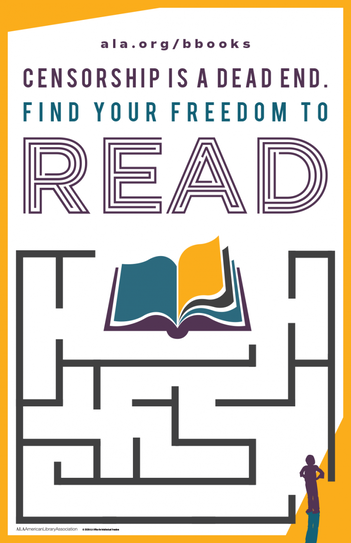
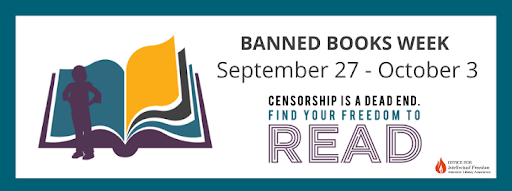

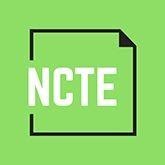
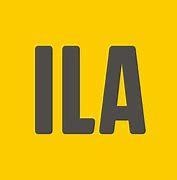

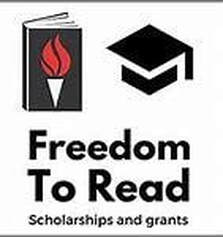
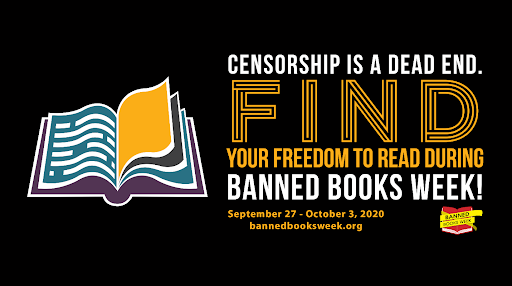
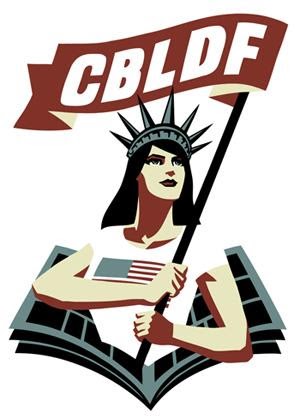
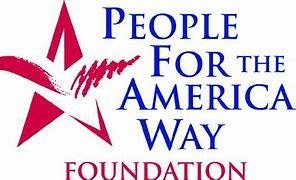
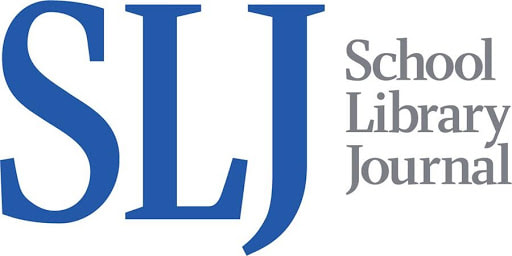
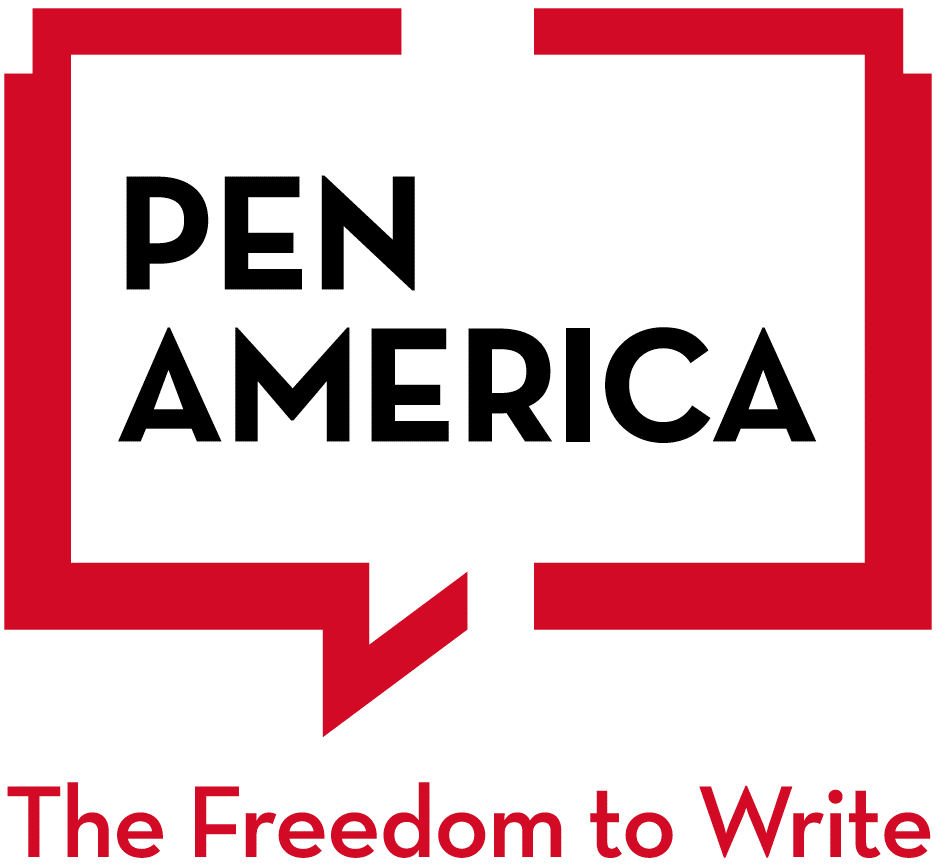

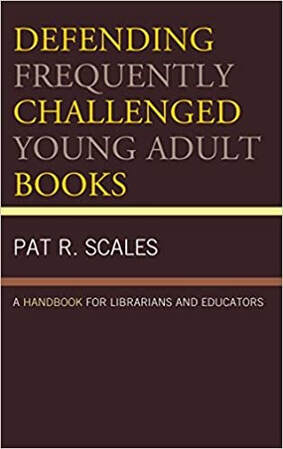

 RSS Feed
RSS Feed